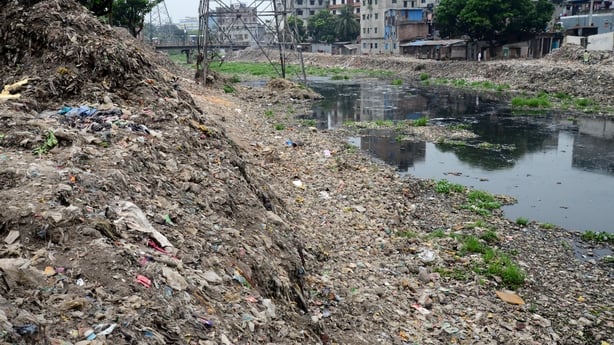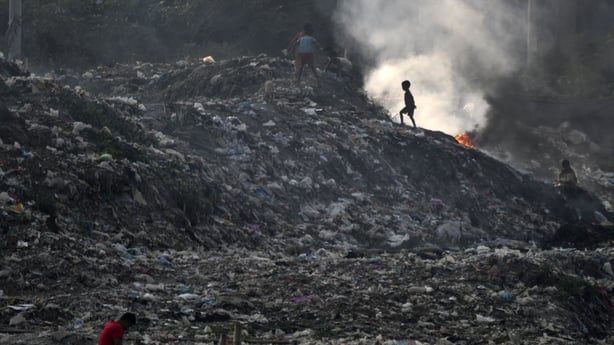Bangladesh needs better coordination with neighbouring south Asian countries in its quest for cleaner air, a World Bank report has said.
Air pollution, which can comprise of a mixture of solid particles, liquid droplets and gases, is causing about 20% of the total number of premature deaths in Bangladesh, the World Bank said in the report.
The report ranked Dhaka, the capital of Bangladesh, among the ten most polluted cities in the world.

The concentration of fine particulate matter in some areas of the country's largest city is as much as 20 times higher than World Health Organization (WHO) standards.
The report stated that exposure to such particles can lead to respiratory infections, chronic diseases and reduced cognitive development in children.
However, air pollution is not limited to national boundaries and gets trapped in large airsheds.
The World Bank report identified six such airsheds in South Asia and said it was critical for Bangladesh, Nepal, India and Pakistan, who share a common area, to work together to combat the problem.
"Air pollution is not limited to a city, state or national boundaries, it is transboundary in nature," said Cecile Fruman, World Bank director for regional integration for South Asia.
"South Asian countries in the same airshed can reduce the alarming level of air pollution only if they take a coordinated approach. By working together countries can get results better, faster and cheaper," she said.

India's capital, New Delhi, has been ranked the world's most polluted capital for four years in a row by Swiss group IQAir.
Bangladesh government officials said they are doing everything possible to solve the problem but cannot do it alone.
"We are regularly conducting mobile courts against air polluting establishments and vehicles," Habibun Nahar, deputy minister for environment, forest and climate change said.
"Everyone has to take responsibility. We can't stop it unless everyone is aware and does their part," she added.

